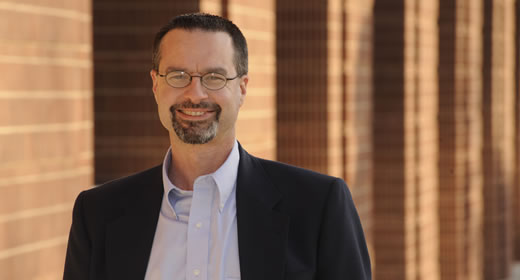
In recent years, divisiveness within the political arena has continued to widen the chasm between Democrats and Republicans, especially at the federal level. Municipal government in Michigan has largely remained insulated from such divisiveness, save a few counties in the Northern Lower Peninsula.
In the February 21, 2019 piece for Cadillac News entitled “We got to know each other as humans,” author Karen Hopper Usher reviews the latest study from the Center for Local, State, and Urban Policy (CLOSUP). According to CLOSUP, “The percentage of elected officials in this region who report ‘constructive discourse’ has been dropping, going from 80 percent in 2012 to 68 percent in 2018.” The CLOSUP study also reports that “Statewide, 71% of local elected officials reported ‘mostly constructive discourse,’” with 20 percent reporting “mixed discourse” and eight percent labeling discourse as “’very’ or ‘mostly divisive.’”
Associate Director of CLOSUP Tom Ivacko says that several factors contribute to increased contention in Northern Lower Michigan, which include[s] Wexford and Missaukee counties.
Despite CLOSUP’s findings, several local officials said that they have not experienced escalated tensions during policy discussions. One administrator revealed that “An employee gun policy was one of the most contentious issues discussed” but the “commissioners were polite.” In Cadillac, a City Council member believed relations to be getting better, citing a recent retreat for the council members and city staff.
According to Ivacko, “personality and communication styles might influence civility in local government” among other drivers may support the divergence between the data and local officals' own experiences. Furthermore, while the data from the study does not substantiate partisanship as playing a key role, Ivacko says that “in places with less diversity of viewpoints and more fundamental agreement, there would be…less arguing, and this would result in more civil discourse.”
Ivacko also told Cadillac News that “Northern Lower Michigan is a hotspot for lack of affordable housing…drug problems, poverty, and more.”
While no one factor acts as causal driver behind the increased divisiveness, Ivacko says that the combination of “very difficult, and at times emotional, policy challenges are impacting civic discourse in negative ways.”
Read the full article here and click here to view the study from CLOSUP
Involved with the Center for Local, State and Urban Policy (CLOSUP) since its founding in 2001, Tom Ivacko currently serves as the Center’s associate director. Ivacko also manages the Michigan Public Policy Survey (MPPS) program at the Ford School of Public Policy
